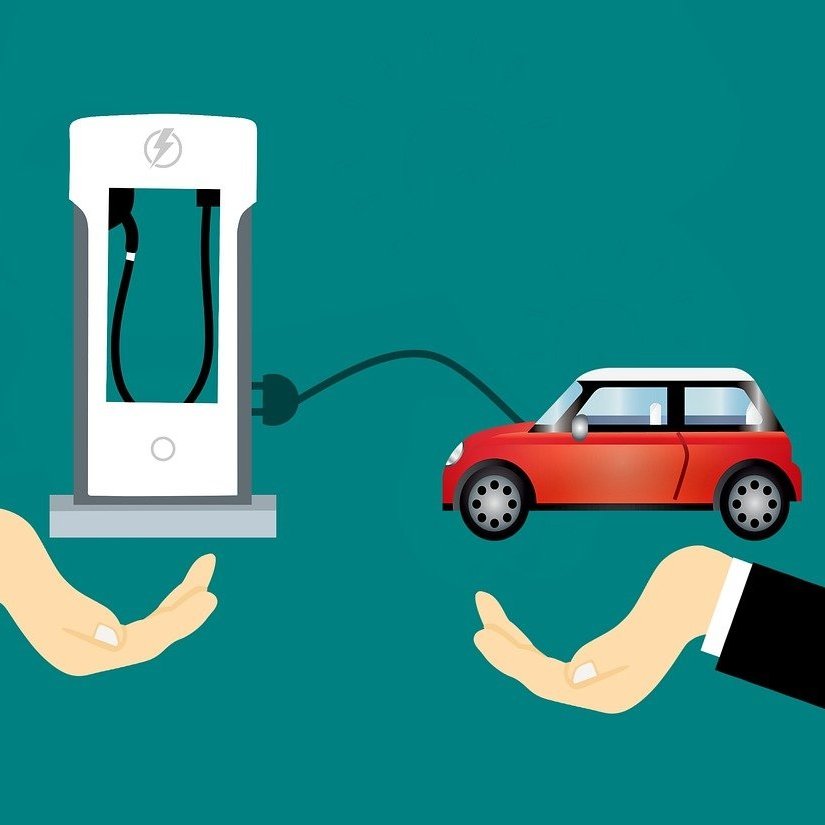ECJ Preliminary Ruling of 17 October 2024, Case C-452/23 (Fastned Deutschland GmbH & Co KG v Die Autobahn GmbH des Bundes):
The underlying legal dispute concerns the lawfulness of a decision by the company entrusted with the operation of German motorways (Autobahn GmbH des Bundes), which extended certain concession contracts for motorway service areas without a call for tenders so that the concessionaires would be able to instal charging points for electric vehicles there. At the time the concession contracts were originally entered into, the concession holders enjoyed in-house privilege, which meant that there was no need for a call for tenders. As the concessionaires have since been privatised, the question now arises as to whether the modification of the existing concession contracts would require a tender.
Fastned Deutschland GmbH & Co KG and Tesla Germany GmbH - two companies which set up and operate charging infrastructure for electric vehicles - were of the opinion that the modification of the concession contracts was invalid as it should have been preceded by a Union-wide call for tenders; they filed an application with the Federal Public Procurement Chamber (Germany) to initiate review proceedings. The Federal Public Procurement Chamber rejected the application by decision of 15 June 2022; subsequently, Fastned and Tesla lodged an immediate appeal with the Düsseldorf Higher Regional Court. This court referred the following question to the ECJ:
Can a concession contract be modified without a new call for tenders if it was awarded to an in-house entity without a call for tenders and is modified at a time when the concessionaire is no longer an in-house entity?
If the concessionaire was an in-house entity at the time the concession contract was modified, this can in any case be done without a new call for tenders. In view of the fact that the concessionaires were privatised in the case at hand, they no longer fulfil the conditions of an in-house entity. Therefore, the modification can only be made without a new call for tenders if certain conditions are met. According to Art 43 (1) (c) of Directive 2014/23/EU on the award of concession contracts, concession contracts may be modified without a new call for tenders being required if the modification became necessary due to circumstances which a contracting authority exercising due diligence could not have foreseen, if the overall nature of the concession does not change as a result of the modification and the value of the contract does not increase by more than 50% of the value of the original concession. In the case at hand, the modification is aimed at the construction, maintenance and operation of a functional fast-charging infrastructure in the motorway service areas in question. It is for the referring court to determine whether the abovementioned conditions are actually met.
The ECJ held that neither the wording nor the context of Article 43(1)(c) of Directive 2014/23/EU indicates that a concession contract cannot be modified following the occurrence of unforeseeable circumstances without a new call for tenders if it was originally awarded to an in-house entity without a call for tenders and if the modification in question takes place at a time when the concessionaire no longer has the status of an in-house entity. The very purpose of the provision shows that it is intended to provide contracting authorities with a certain degree of flexibility so that they can adapt a concession during its term to such external conditions as they could not have foreseen at the time when the contract was awarded, especially if its performance extends over a long period of time.
Based on these considerations, the ECJ summarised that it is possible to modify a concession contract without a new call for tenders if it was originally awarded to an in-house entity without a call for tenders and if its subject matter is modified at a time when the concessionaire is no longer an in-house entity. Furthermore, the ECJ came to the conclusion that the modification of a concession contract "is necessitated" by unforeseeable circumstances if these require an adaptation of the original concession contract in order to ensure its continued proper performance.
If you have any questions on this or other procurement law issues, the KWR procurement law team will be happy to assist you.
